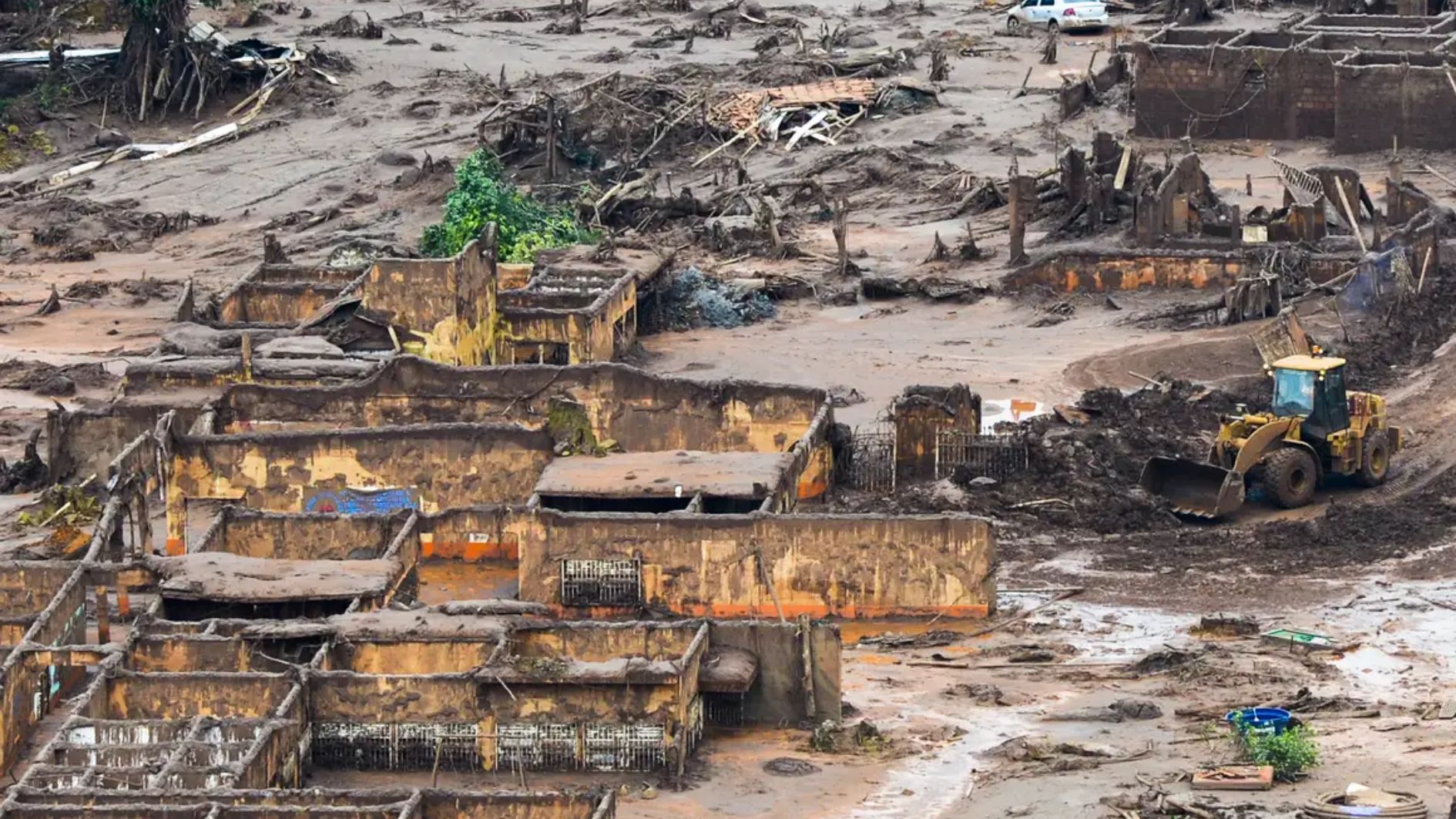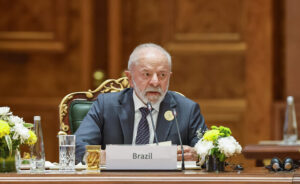
Published 10/21/2024 12:22 | Edited 10/21/2024 12:36
This Monday (21) the British court begins the trial that will define whether the Anglo-Australian mining company BHP Billiton is responsible for the tragedy of the collapse of the Fundão dam, in Mariana (MG), in 2015. The process has been taking place since 2018 and should last until March 5, 2025.
Those affected, including municipalities, indigenous communities, churches and companies, are demanding around R$230 billion in compensation.
The dam collapse occurred on November 5, 2015 and released more than 40 million cubic meters of highly polluting mineral waste. The mud traveled 650 kilometers along the Doce River, reached the Atlantic, devastated localities, killed 19 people and left more than 600 people homeless.
The victims’ defense will claim that BHP was aware of the risks of the dam collapsing and, as a Samarco shareholder, must be held responsible for the damage caused. BHP is the target of the process because it is co-owner, alongside the Brazilian group Vale, of the Brazilian mining company Samarco, which manages the dam.
At the time of the tragedy, BHP had two global headquarters, one in London, which the company no longer maintains, and the other in Australia, where its domicile is currently registered.
In July, BHP and Vale agreed to each pay 50% of any compensation in cases opened in Brazil, Australia, the Netherlands and the United Kingdom. In practice, the mining companies will divide the amounts to be paid equally among themselves.
In London, the law firm Pogust Goodhead (PG) will represent 620,000 people, 46 municipalities and 1,500 companies affected by the dam collapse, in the process taking place in the Technology and Construction Court of the British capital.
The PG team believes that BHP is civilly responsible for the collapse objectively and subjectively, through voluntary action or omission, and that it must respond for the damages caused in its capacity as controlling shareholder.
Also according to the PG, it is possible to claim that BHP was aware of the risks of the dam breaking due to factors such as the participation of company executives in Samarco board and committee meetings, the approval and financing of relevant projects of its subsidiary in Brazil and constant audits in the joint venture.
Furthermore, statements made by BHP executives after the disaster would show that the company had already identified the risk in Mariana and had even received a technical report that indicated a possible collapse of the dam.
The legal basis of the trial will be Brazilian law, supported by Brazilian environmental and civil legislation, despite the process taking place in a British court.
“Although procedural laws are the same as English laws, the material law, in relation to liability and quantification of damage, is Brazilian. This is very interesting because it provides an exercise of sovereignty under Brazilian legislation. The law must be obeyed by any party, even by multinationals operating in Brazil and repatriating their profits outside Brazil”, explains the office’s spokesperson, Ana Carolina Salomão.
Testimonials
According to the firm’s legal director, Caroline Narvaez, the trial hearings will begin this Monday (21) with opening statements from lawyers on both sides. The responsible judge, Finola O’Farrell, is already reading the documents sent by the parties.
This first phase of the hearings should last four days. Over the next three weeks, witnesses from BHP will be heard, when both the company and the law firm will be able to direct questions on issues such as the level of control BHP had over the dam, its safety and its conduct after the collapse.
The next step will be the opportunity for experts in environmental, corporate and civil liability law, invited by both BHP and the PG, to explain to the British judge how Brazilian laws work.
“The judge is used to dealing with international cases, in which the English process applies, but she does not and should not know Brazilian law. The role of these Brazilian experts is precisely to explain how the law works in Brazil, how the rules of civil, environmental and corporate liability apply in Brazil”, explains Caroline.
After a year-end recess, the hearings will resume for four days in January, with the hearing of experts in the field of geotechnics, who will be able to explain technical details relating to the incident to the British judge.
The hearings end with oral arguments from lawyers for the plaintiffs and BHP, which should take place between February 24th and March 5th. The judge is expected to take up to three months to release her decision.
At this stage of the process, there is still no definition of compensation amounts, which should only happen later, if BHP is held responsible, but the PG team estimates that the amounts to be paid to the victims of the rupture are around R$230 billion.
Source: vermelho.org.br

